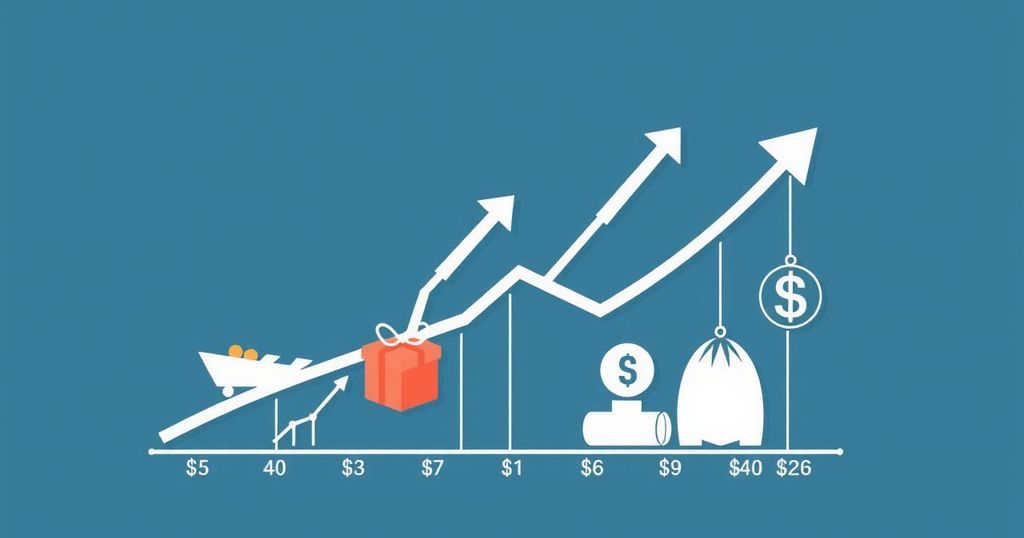Indian-American Lawmakers Criticize Trump’s Reciprocal Tariffs as Reckless
Indian-American lawmakers criticized President Trump’s reciprocal tariffs on India, labeling them reckless and harmful to both American and Indian economies. They described these tariff measures as likely to raise consumer prices and disrupt trade, urging for dialogue to mitigate negative impacts. Lawmakers have expressed concerns about the long-term effects on economic stability and international relations between the US and its partners.
Indian-American lawmakers and the diaspora have expressed criticism regarding the reciprocal tariffs imposed by President Donald Trump, deeming them “reckless and self-destructive.” They have called upon leaders from both India and the United States to engage in constructive dialogue to address pressing trade challenges that may arise due to these tariffs.
On Wednesday, President Trump announced a 26 percent “discounted reciprocal tariff” on imports from India, claiming that India imposes a higher duty of 52 percent on American products. This measure is part of a broader initiative affecting approximately 60 countries, aimed at counteracting elevated American product duties present globally.
Lawmakers have voiced concerns that such tariffs would diminish the competitiveness of Indian goods. Congressman Raja Krishnamoorthi described these tariffs as punitive for working-class families, serving primarily to benefit wealthier Americans. He emphasized that the tariffs would isolate the United States globally, alienating allies and undermining the economic security of ordinary Americans.
Congressman Ro Khanna remarked on social media that the tariffs represent a significant threat to the economy, noting the abruptness of their implementation without prior strategy, consultation, or congressional input. He forecasted an increase in consumer prices and indicated economic uncertainty could lead to recession or stagflation, driven by what he termed as Trump’s erratic policy decisions.
Dr. Ami Bera, an Indian-American Congressman, reinforced that these tariffs will not contribute positively to American wealth, but rather impose significant costs onto consumers, constituting a tax increase rather than a cut. Ajay Bhutoria, a former Biden advisor, referred to the potential negative consequences on both American consumers and Indian producers, urging for dialogue to mitigate the impact.
Wendy Cutler, Vice President of the Asia Society Policy Institute, indicated that these reciprocal tariff rates could shock trading partners and cause detrimental effects on the US economy. She noted the unfair treatment of partners, who now may face domestic pressures to develop retaliatory measures against these tariffs, potentially disrupting global supply chains.
The imposition of reciprocal tariffs by President Trump has garnered widespread criticism from Indian-American lawmakers and community members, who label these actions as detrimental to both American consumers and Indian exporters. Concerns regarding increased prices, economic instability, and a strained US-India relationship have emerged, prompting calls for dialogue between the nations. As these tariffs unfold, their implications on both economies could be significant, with potential long-term effects on global trade dynamics.
Original Source: www.ndtv.com




Post Comment